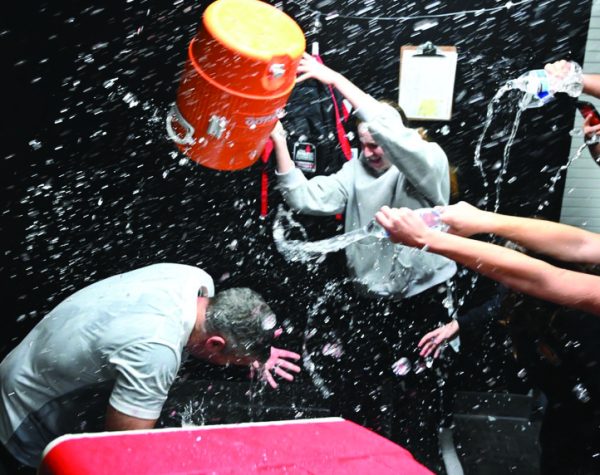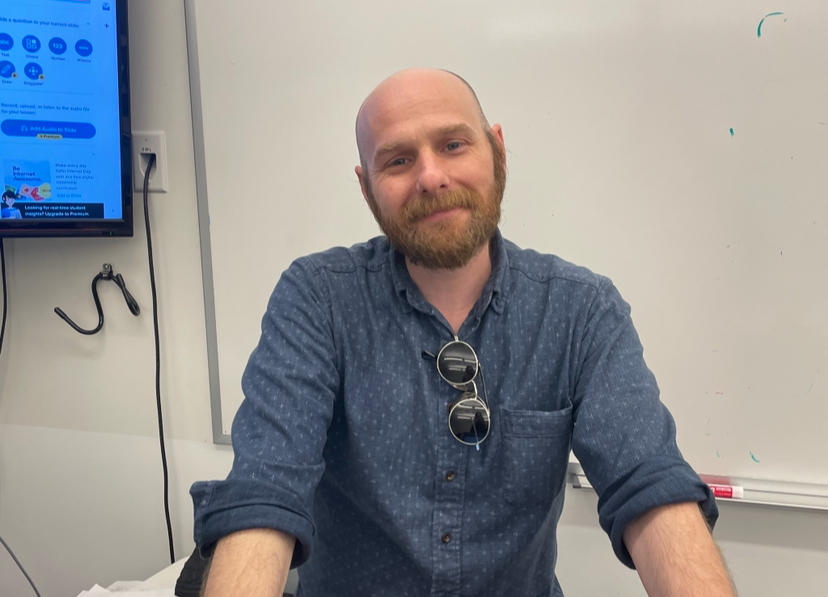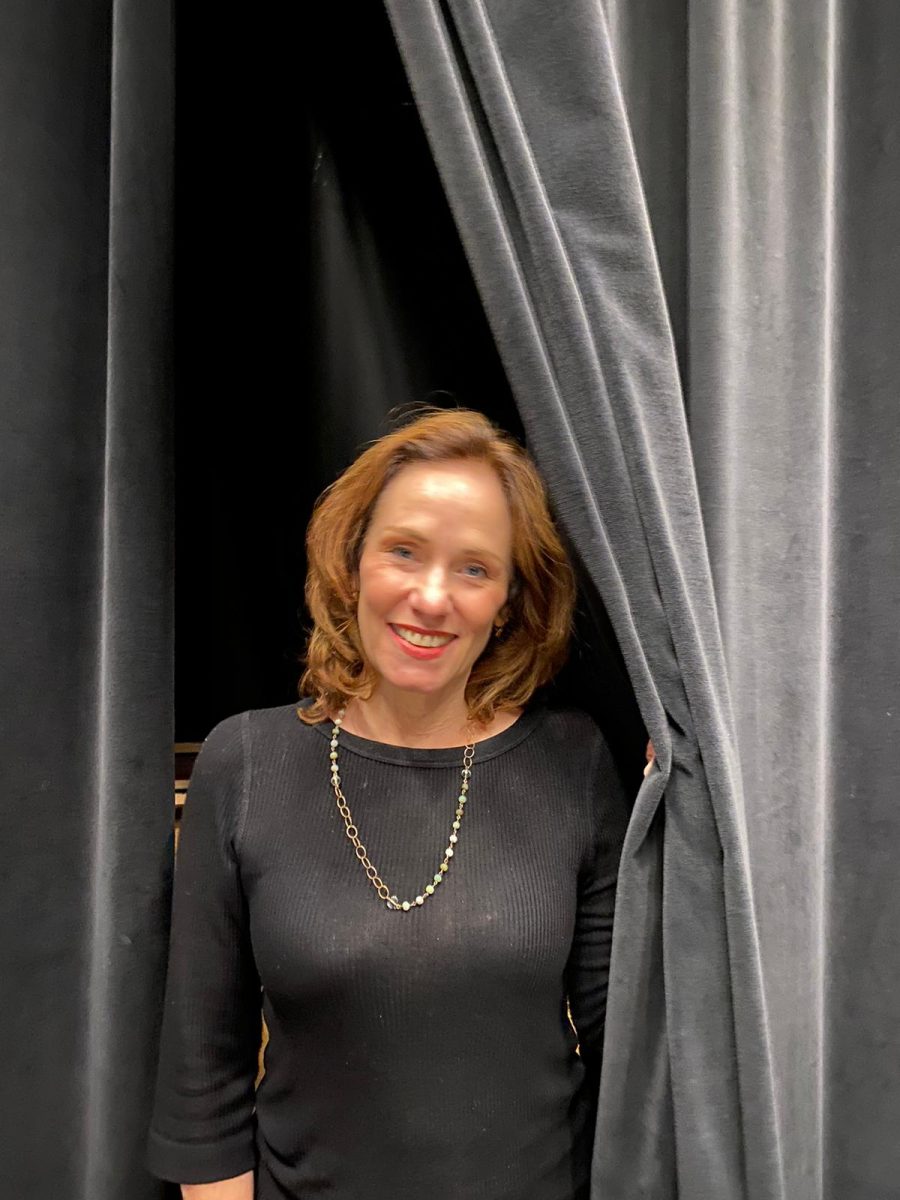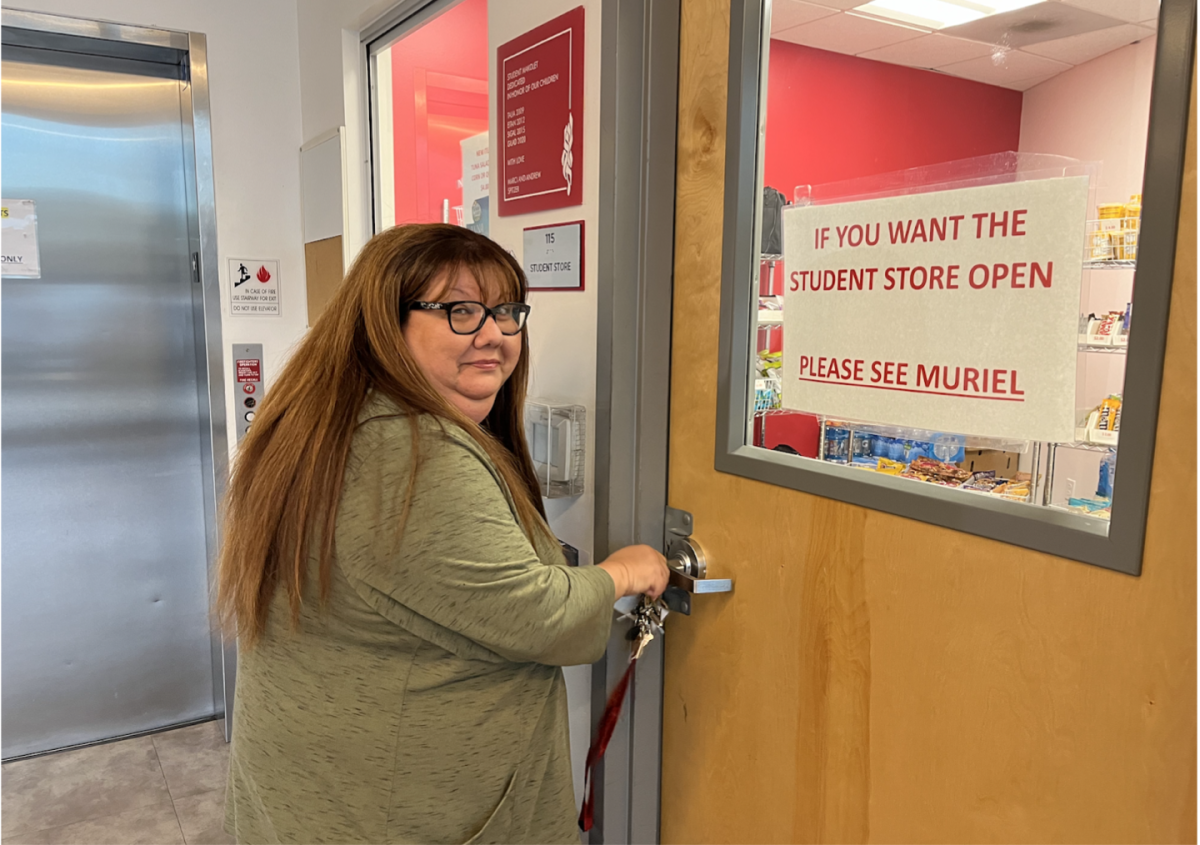On Friday, April 8, incoming Head of School Rabbi Ari Segal sent the following e-mail message to the Shalhevet community.
Dear Shalhevet Parents, Faculty and Staff,
We are told that the Jewish people, from a historical perspective, became a nation after their journey down to Egypt. This year once again we will sit around our seder tables and reenact the Exodus story and we will say “a wandering Aramean was my father and he went down to Egypt…and there he became a nation.” (Deuteronomy 26:5)
Is this true? Is this when the Jewish people became a nation? Immediately prior to our acceptance of the Torah on Har Sinai, the Torah explicitly tells us how the Jewish people become a nation – “Now if you obey Me fully, and keep My covenant, then out of all the nations you will be My treasured possession……you will be for Me a kingdom of priests and a holy nation.” (Exodus 19:4-6)
So which one is it? When did we become a nation? Was it our experience as a group in Egypt that formed us into the nation we are today or was it our keeping of the mitzvot that somehow allows us to coalesce as a people?
The answer is that there are in fact two ways in which a group of people can become a whole. One is based on a shared future. A group of people can join together not just because of where they are coming from, but also based on where they are going. When they share a common set of ideals, values and dreams – then they are bound together by a common destiny. I believe we are at that precise point in Shalhevet’s journey. We are poised to take the next steps forward and to fulfill our shared purpose.
As you may have learned from reading our ever-vigilant student newspaper, Mr. Tranchi will be starting a PhD program this coming year at UCLA. We congratulate him on this development. In discussing those plans, it became clear that it was an opportunit
y to revisit the Administrative structure at Shalhevet and to use this as an opportunity to divide and conquer the myriad tasks involved in running a school.
Up until now, Rabbi Leubitz was overseeing all aspects (curricular, pedagogical, technical, activities) of Judaic Studies. Mr. Tranchi was handling all aspects of General Studies, and Mr. Danovitch was handling most aspects of student life.
In an effort to become a more efficient and effective team, below is a brief explanation of the roles that will be handled by Rabbi Leubitz, Mr. Tranchi and Mr. Danovitch in the coming year. Please understand that the responsibilities below are not exhaustive or finalized. They are intended to give you a general sense of the division of labor for the coming year. A more comprehensive and final “job chart” will go out to the parents, faculty and students over the summer.
Rabbi Leubitz will oversee most of the day to day supervision within the building. This will include schedules, calendar, handbooks, athletic program, Judaic programs, discipline and many other of the critical functions to “make the trains run on-time” at the school. In addition, Rabbi Leubitz will work with the Judaic faculty on curriculum development.
Mr. Tranchi will handle teacher observations and teacher coaching across General and Judaic Studies and will also oversee curriculum development in the General Studies realm. He will also be the Chair of our Science department.
Mr. Danovitch will oversee student activities, the reengineering of our 12th grade program, meeting with parents and faculty to address student issues, recruiting and many other important functions that make use of his skills.
I am enthusiastic and confident that we can build, with our group of talented administrators, teachers and staff, a thriving and innovative program that will meet the academic, social, and emotional needs of your children. These changes will strengthen and enhance the quality of our beloved school.
Shabbat Shalom and Chag Kasher v’Sameach,
Rabbi Ari Segal


















